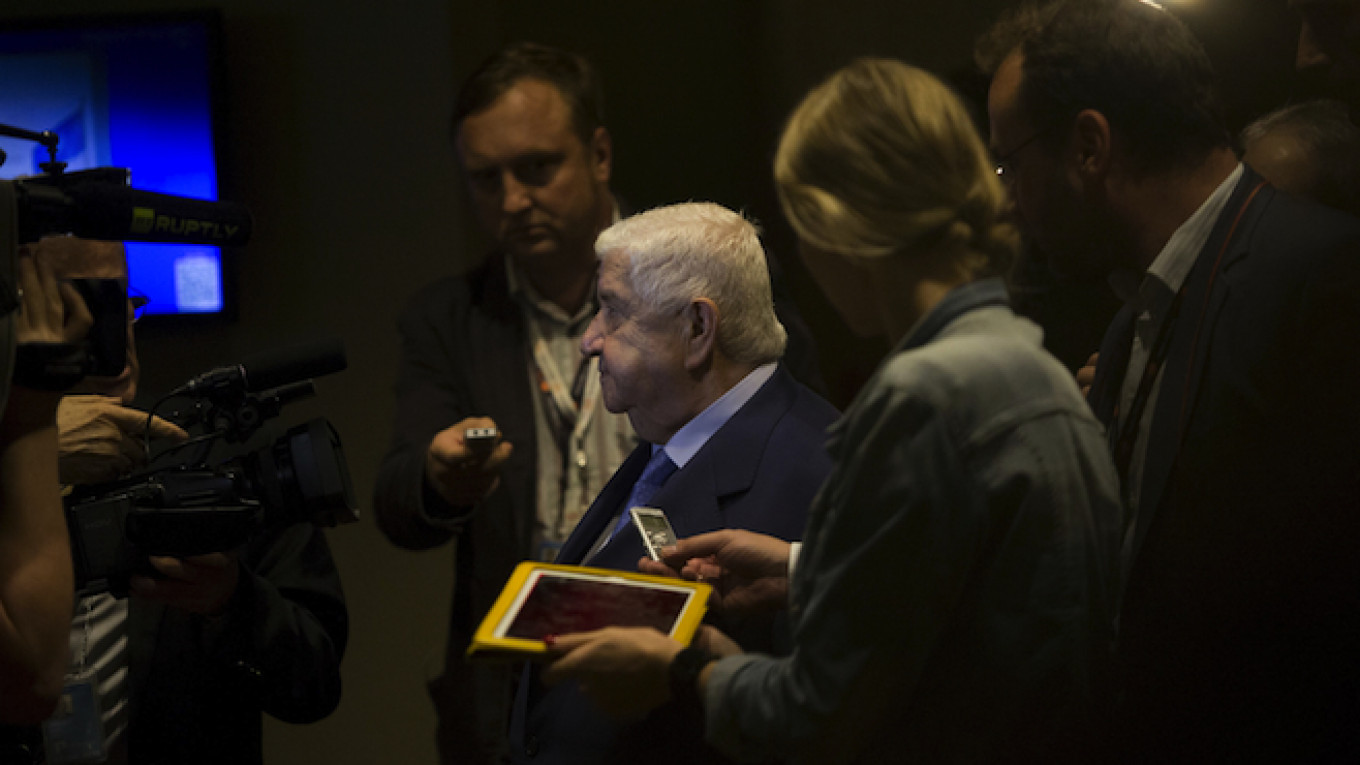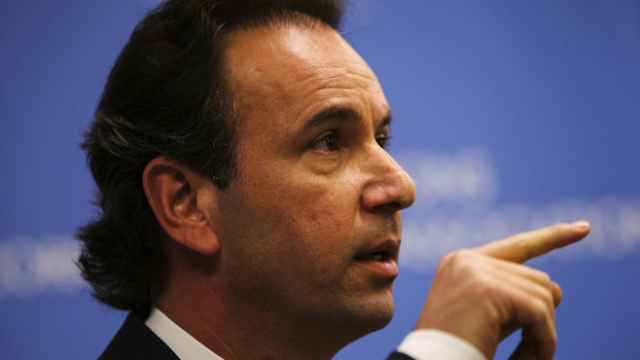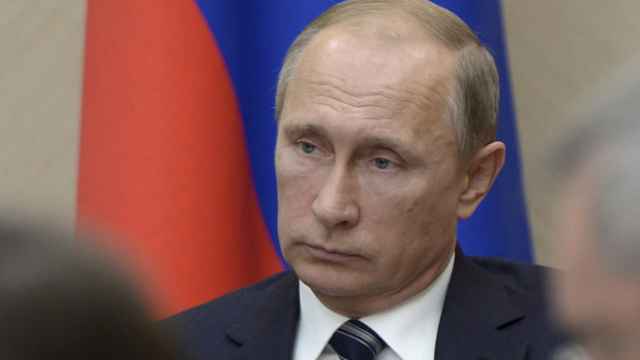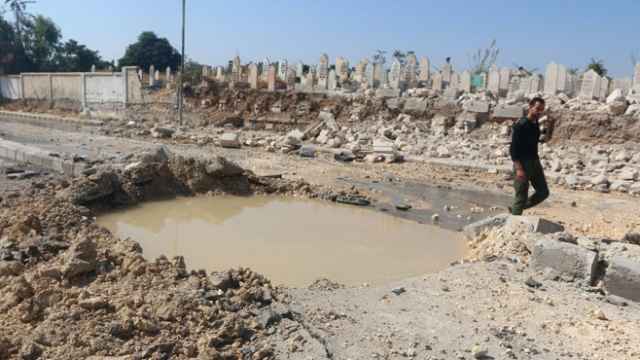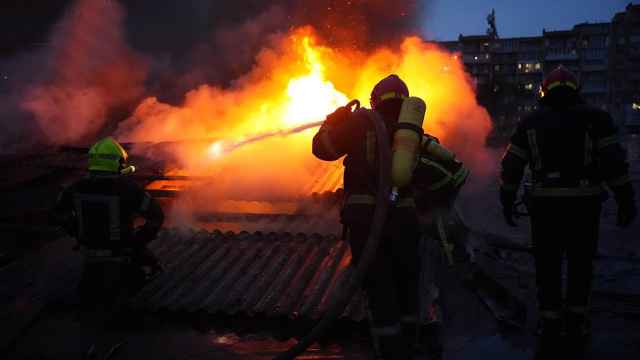The scene in Baghdad was like something out of a movie: A Russian general appeared at around 9 a.m. on Wednesday at the U.S. embassy in Baghdad, warning America to clear the skies in neighboring Syria. Russia's bombing was about to begin.
But the United States defied Moscow's warning, officials said, despite concerns about the safety of American air crews, who fly at high speed through Syria's limited airspace to strike Islamic State targets.
The U.S. military carried out at least one strike on Wednesday, and did not tell the Russians when or where it would happen, officials say.
"The coalition will continue to fly missions over Iraq and Syria as planned, as we did today," U.S. Defense Secretary Ash Carter told a news briefing.
The strikes plunged the four-year-old civil war into a volatile new phase in which the world's main military powers except China are directly involved in fighting.
Washington and Moscow are both aware of the risks of pressing ahead with rival, uncoordinated air campaigns over Syria. It could leave last-minute decisions to avoid an incident in the hands of forces on the scene.
"You don't have time to raise it up to a presidential level … when two planes are closing at 20 miles a minute," said one U.S. military official, speaking on condition of anonymity.
The United States says it expects to carry out military-to-military talks as soon as Thursday with Russia to explore ways to keep their militaries apart.
And the degree of risk, so far at least, has been mitigated by geography, with U.S. and Russian aircraft flying missions in different parts of Syria.
This is partly due to the targets themselves. The United States and its allies say that Russia, while saying its just-started campaign is aimed at Islamic State, is striking areas where the militant group does not appear to hold sway. U.S. officials have cited a Russian strike near the city of Homs and another possible strike in Hama province.
The United States, in contrast, is focused mainly on striking Islamic State, although it has also taken swipes at other groups, including the al Qaeda-linked Nusra Front and the Khorasan group.
Dave Deptula, a retired air force lieutenant general, said the risks were also mitigated by the limited pace of U.S. strikes in Syria.
"The fact of the matter is the air operations that the U.S. are conducting in Syria are not robust," said Deptula, dean of the Mitchell Institute for Aerospace Studies.
Russia has deployed fighter jets in Syria with air-to-air capabilities along with other aircraft specializing in the kind of ground strikes that it carried out on Wednesday.
But Paul Schwartz, senior associate at the Center for Strategic and International Studies, played down the chances of a dogfight over Syria and expected both sides to find a way to avoid an in-air incident.
"The two are going to work diligently to try to avoid those kinds of clashes," Schwartz said.
A Message from The Moscow Times:
Dear readers,
We are facing unprecedented challenges. Russia's Prosecutor General's Office has designated The Moscow Times as an "undesirable" organization, criminalizing our work and putting our staff at risk of prosecution. This follows our earlier unjust labeling as a "foreign agent."
These actions are direct attempts to silence independent journalism in Russia. The authorities claim our work "discredits the decisions of the Russian leadership." We see things differently: we strive to provide accurate, unbiased reporting on Russia.
We, the journalists of The Moscow Times, refuse to be silenced. But to continue our work, we need your help.
Your support, no matter how small, makes a world of difference. If you can, please support us monthly starting from just $2. It's quick to set up, and every contribution makes a significant impact.
By supporting The Moscow Times, you're defending open, independent journalism in the face of repression. Thank you for standing with us.
Remind me later.


